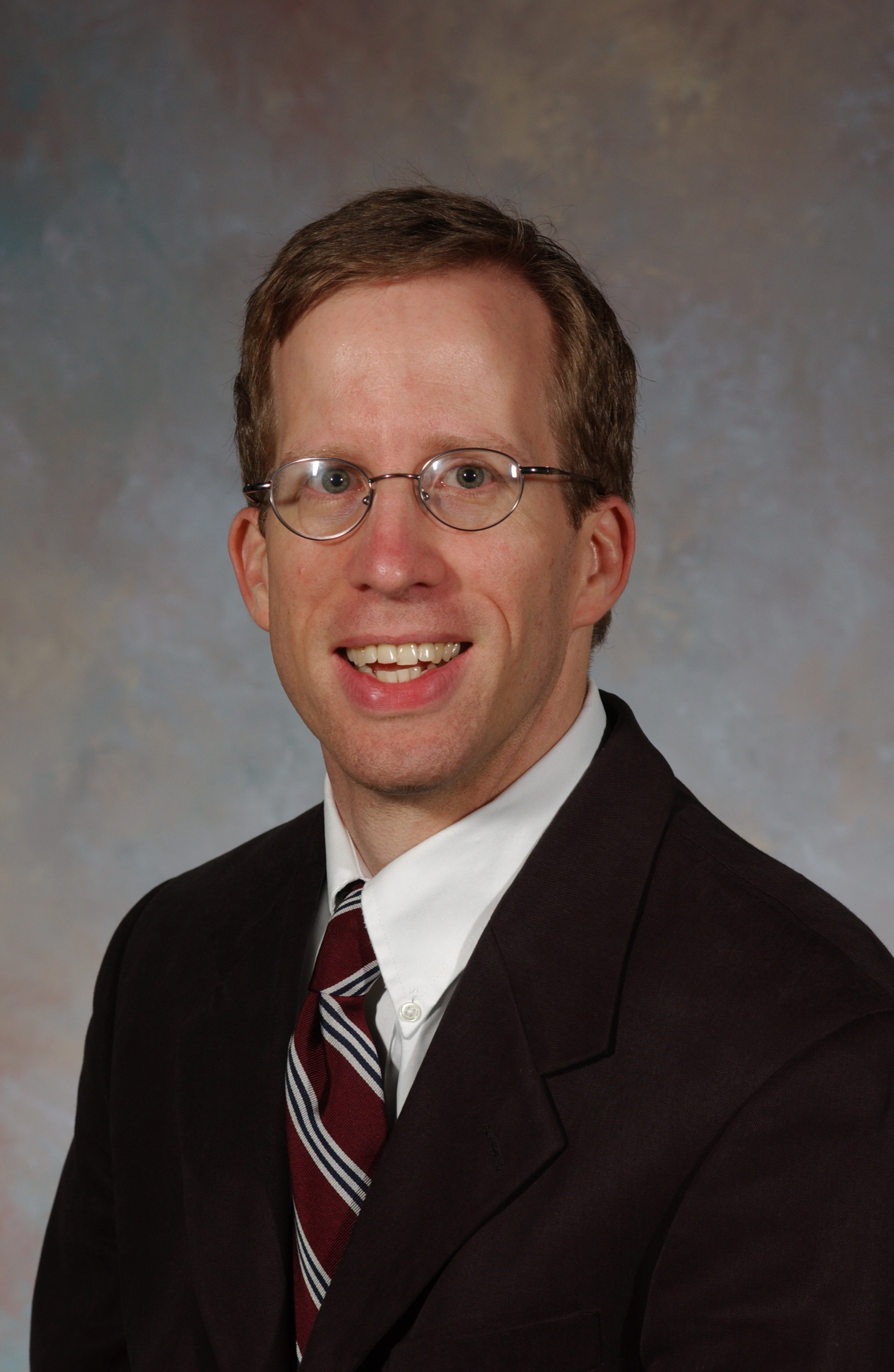Majority of People in a National Survey Opposed Separating Immigrant Families at US/Mexico Border
Political conservatism is the strongest correlation among supporters of the ‘zero-tolerance’ policy that resulted in family separations, Baylor researchers find
Media Contact: Terry Goodrich, Baylor University Media and Public Relations, 254-710-3321
Follow us on Twitter: @BaylorUMedia
WACO, Texas (March 16, 2020) – A clear majority of participants in a national survey about the zero-tolerance policy on the United States/Mexico border strongly opposed separating immigrant families and charging the parents as criminals, according to Baylor University research.
Researchers analyzed data from the Public Religion Research Institute’s June 2018 Immigration Survey, which included questions about respondents’ views on how to restrict or accommodate immigrants or refugees — such as build a border wall or pass a law to prevent refugees from entering the United States.
The article is published in Analyses of Social Issues and Public Policy, a journal of The Society for the Psychological Study of Social Issues.
“Whether one favors or opposes the policy or implementation, research shows that parent-child separation is harmful to children and family systems,” said lead author Wade C. Rowatt, Ph.D., Baylor University professor of psychology and neuroscience. “Previous research shows that immigrant children separated from their mothers in the same detention centers report more emotional problems than the detained children who were not separated. In addition, the prevalence of post-traumatic stress disorder among detained immigrant children was higher than the lifetime prevalence among United States adolescents.”
Given those effects and the potential consequences for refugees, asylum seekers and their families, researchers sought to identify and better understand factors associated with support for, or opposition to, a zero-tolerance policy, Rowatt said.
The research included two studies. In the first, nearly three-fourths — 73.3% — of individuals opposed the policy. Participants from all 50 states numbered 1,018, ages 18 to 94, with 51% female, 64.6% white and 70.6% Christian. Political ideology was coded from 1 (very liberal) to 5 (very conservative).
Respondents were asked to indicate their level of agreement with “an immigration border policy that separates children from their parents and charges parents as criminals when they enter the country without permission.” Respondents were divided along political lines, with 53% of Republicans favoring the policy and 90% of Democrats opposing it.
While age, gender and Christian religious affiliation were only weakly associated with support for separating immigrant families, researchers found that Christians did not oppose the policy of family separation as much as non-Christian religious individuals or irreligious individuals (atheists, agnostics and those with no religious affiliation).
In the second study, researchers analyzed data from two samples: 183 U.S. adults recruited from Amazon’s Mechanical Turk, a crowdsourcing marketplace, and 144 undergraduate students at a private university in Central Texas. As with the first study, the majority opposed the family separation policy (62% of the college students, 70% of the MTurk sample), and conservative ideology was the strongest correlate among the minority who supported the policy.
The second study also found that variability in support for the policy was correlated consistently with social dominance orientation, which sees a majority group as superior to minority groups; conservative political ideology; and dehumanization — viewing immigrants as less than fully human.
Researchers said more study is needed about attitudes toward immigrants to promote greater understanding and to develop future policies.
*Co-authors are Rosemary Al-Kire and Hilary Dunn (psychology Ph.D. students) and Joseph Leman (post-doctoral fellow at the Institute for Studies of Religion at Baylor University).
ABOUT BAYLOR UNIVERSITY
Baylor University is a private Christian University and a nationally ranked research institution. The University provides a vibrant campus community for more than 17,000 students by blending interdisciplinary research with an international reputation for educational excellence and a faculty commitment to teaching and scholarship. Chartered in 1845 by the Republic of Texas through efforts of Baptist pioneers, Baylor is the oldest continually operating University in Texas. Located in Waco, Baylor welcomes students from all 50 states and more than 90 countries to study a broad range of degrees among its 12 nationally recognized academic divisions.
ABOUT THE COLLEGE OF ARTS & SCIENCES AT BAYLOR UNIVERSITY
The College of Arts & Sciences is Baylor University’s oldest and largest academic division, consisting of 25 academic departments and seven academic centers and institutes. The more than 5,000 courses taught in the College span topics from art and theatre to religion, philosophy, sociology and the natural sciences. Faculty conduct research around the world, and research on the undergraduate and graduate level is prevalent throughout all disciplines. Visit www.baylor.edu/artsandsciences.

